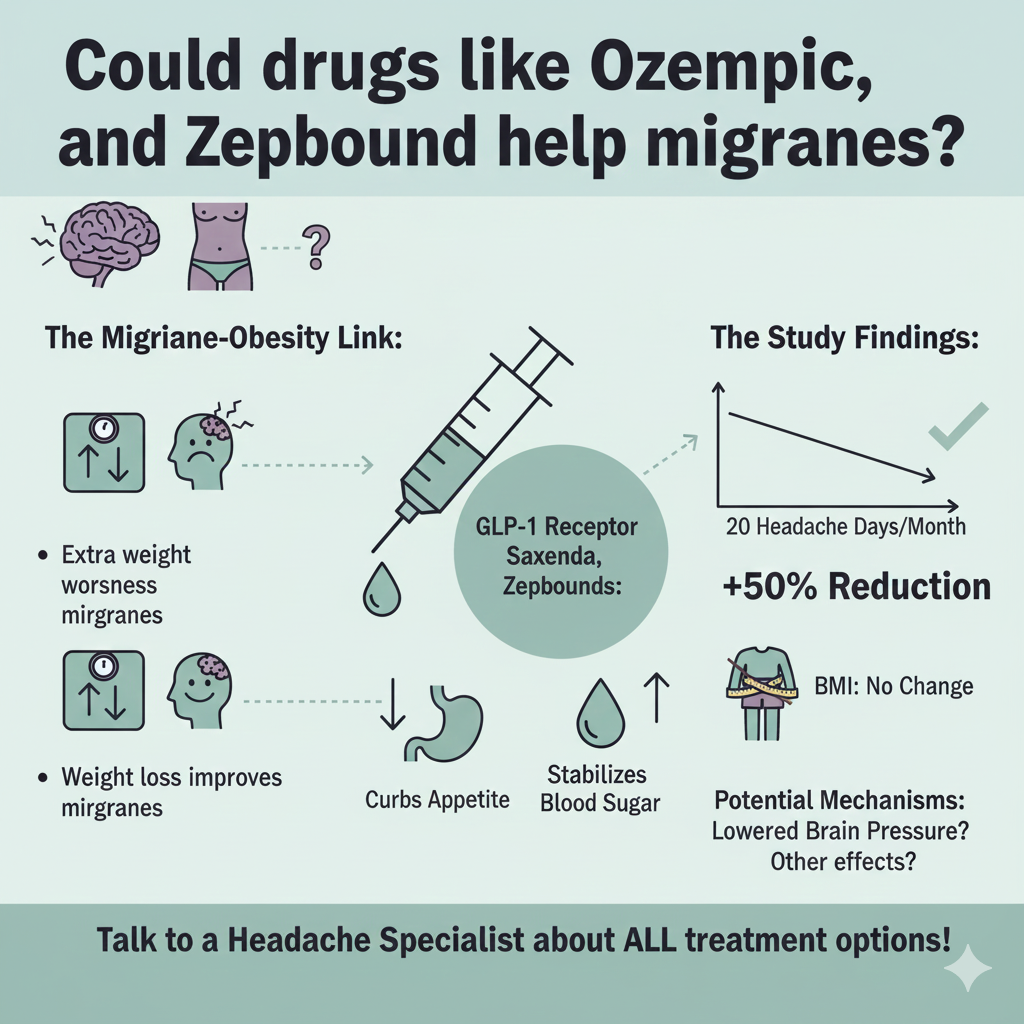Trigeminal neuralgia (TN) is an extremely painful condition. Patients describe the pain as electric shocks going through the face. The most common or classic form of TN is caused by the compression of the trigeminal nerve as it exits the brainstem by a blood vessel. TN can also be caused by multiple sclerosis (MS).
The pain of TN can be debilitating. Some people are unable to eat because of pain and become malnourished. The pain can interfere with speech. In some, it occurs unprovoked. In many, it leads to depression.
The first-line treatment is epilepsy drugs. These include carbamazepine (Tegretol) and oxcarbazepine (Trileptal). We also use Botox injections and the new preventive migraine drugs – CGRP monoclonal antibodies. If drugs and Botox fail, radiofrequency destruction of the nerve can be of help. When none of this helps, surgery can be very effective.
The so-called microvascular decompression surgery involves opening the skull and placing a Teflon patch between the nerve and the blood vessel which presses on the nerve. Since TN in people with MS is not caused by the compression of the nerve, surgery is rarely undertaken.
This is a very delicate surgery and should be performed by a neurosurgeon who has done many of such operations (yes, it’s a conundrum – how do surgeons become experienced if nobody wants to be one of their early cases). Sometimes, even if surgery is performed well, the pain persists.
Fortunately, a group of Canadian researchers found a way of predicting who is likely to respond to decompression surgery. In a study just published in the journal Pain, they described a special MRI scanning technique that predicted the success of surgery with high accuracy. They discovered that if the trigeminal nerve fibers are disrupted inside the brainstem rather than after they exit the brainstem, surgery was much less likely to help. This applied to both patients with classic TN and TN due to MS.
.png)




